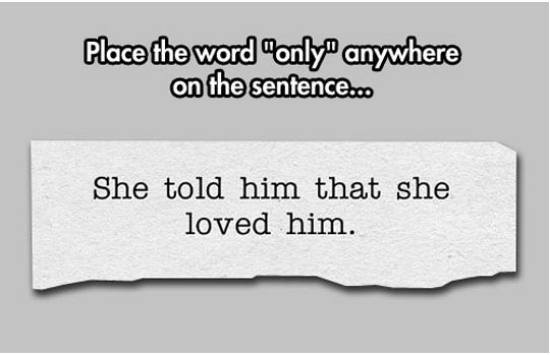Sometimes you need to know only one word to find a situation hilarious. In this case, it is universally understood (and strategically placed, I should add) “Stop”. When your students understand a joke in a foreign language, even as simple as this one, they are empowered by this sensation: the English language is no longer just a theoretical construct but rather a practical tool for communication and enjoyment. Do not forget to have fun in the new language to nurture this feeling of joyful discovery!
Here is another one for you: have fun!





Recent Comments